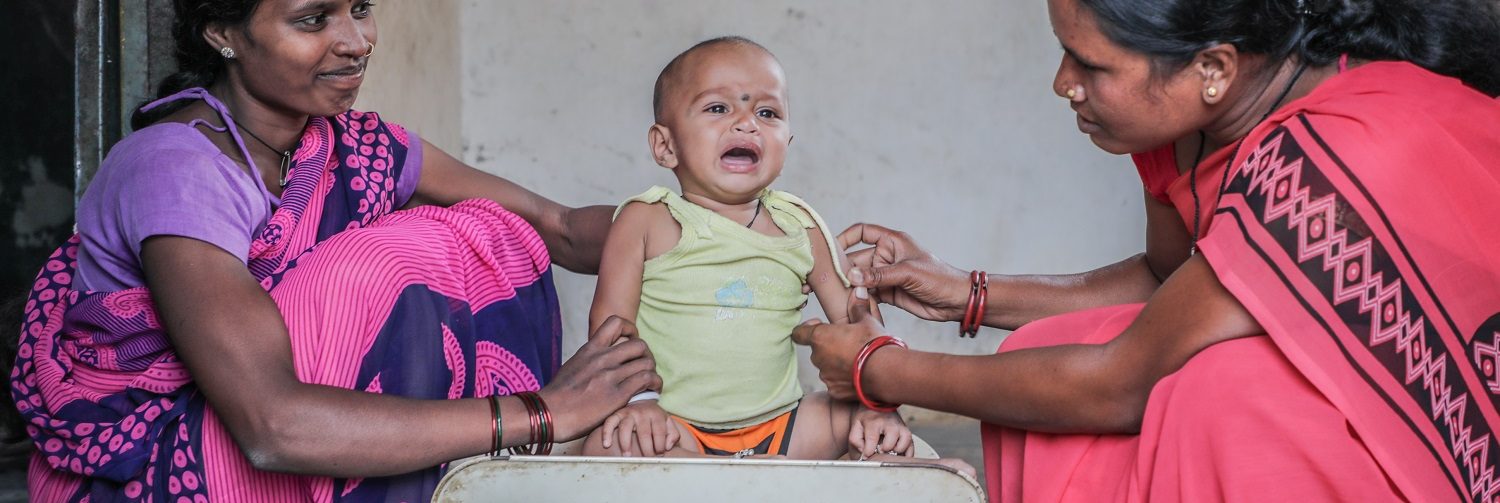While there is considerable global evidence on the efficacy of cash transfers in improving health and nutrition outcomes, the evidence from South Asia, and in particular, India, is limited. Most of the available evidence on India comes from studies on the Janani Suraksha Yojana (JSY), which has been credited with increasing the number of institutional deliveries, while reducing infant mortality and increasing rates of breastfeeding. The recent launch of the Pradhan Mantri Matru Vandana Yojana (PMMVY), a more generous cash transfer scheme aimed at improving maternal and child health outcomes, is a welcome move, but given considerable government outlays, there is a need to rigorously examine the design and effectiveness of such programs to effectively scale them up.
In a recently published study in PLoS ONE, Kalyani Raghunathan, Suman Chakrabarti, Rasmi Avula and Sunny S. Kim of the International Food Policy Research Institute (IFPRI) evaluate one such conditional cash transfer scheme, the Mamata scheme, in Odisha, an eastern state of India. The Mamata Scheme is targeted at pregnant and lactating women with the aim of providing wage compensation to working mothers and improving the utilization of health services. The scheme provides mothers with INR 5000 via four instalments, each instalment is conditional on the mother fulfilling certain hard and soft requirements. In these design aspects, the PMMVY closely mimics the Mamata Scheme, and thus the results presented by the authors can inform expectations of the possible impacts of the PMMVY.
Using primary data on 1161 households from three districts in Odisha, the study covered several critical nutrition interventions across the continuum of care (pregnancy to 2 years of age), ranging from behaviour change counselling to micronutrient supplementation and provision of supplementary food, and their points of delivery.
Using OLS[1] and matching estimators, the authors find that the scheme positively affected adherence to certain sets of conditions, especially those during pregnancy. It increased the likelihood of receipt of antenatal services (5 percent points) and iron and folic acid (IFA) tablets provision (10 percent points) from government frontline health workers. Receipt of Mamata money also positively affected household food security as measured by the Household Food Insecurity and Anxiety Score (HFIAS.) It was associated with an overall decline in the household’s food insecurity score by -1.3 points, as well as with a decline in some of the composite indicators, such as a 6-percentage point reduction in the likelihood of there being no food in the house.
These results provide the first quantitative estimates of the impact of the Mamata scheme, and could inform the formulation of future government policies to strengthen cash programs. In addition, the results demonstrate the need for well-functioning supply-side systems for demand-side interventions (such as the conditional cash transfers) to deliver expected results.
Written by Suman Chakrabarti and Kalyani Raghunathan
[1] Ordinary Least Squares (OLS) or linear least squares is a method for estimating the unknown parameters in a linear regression model.



